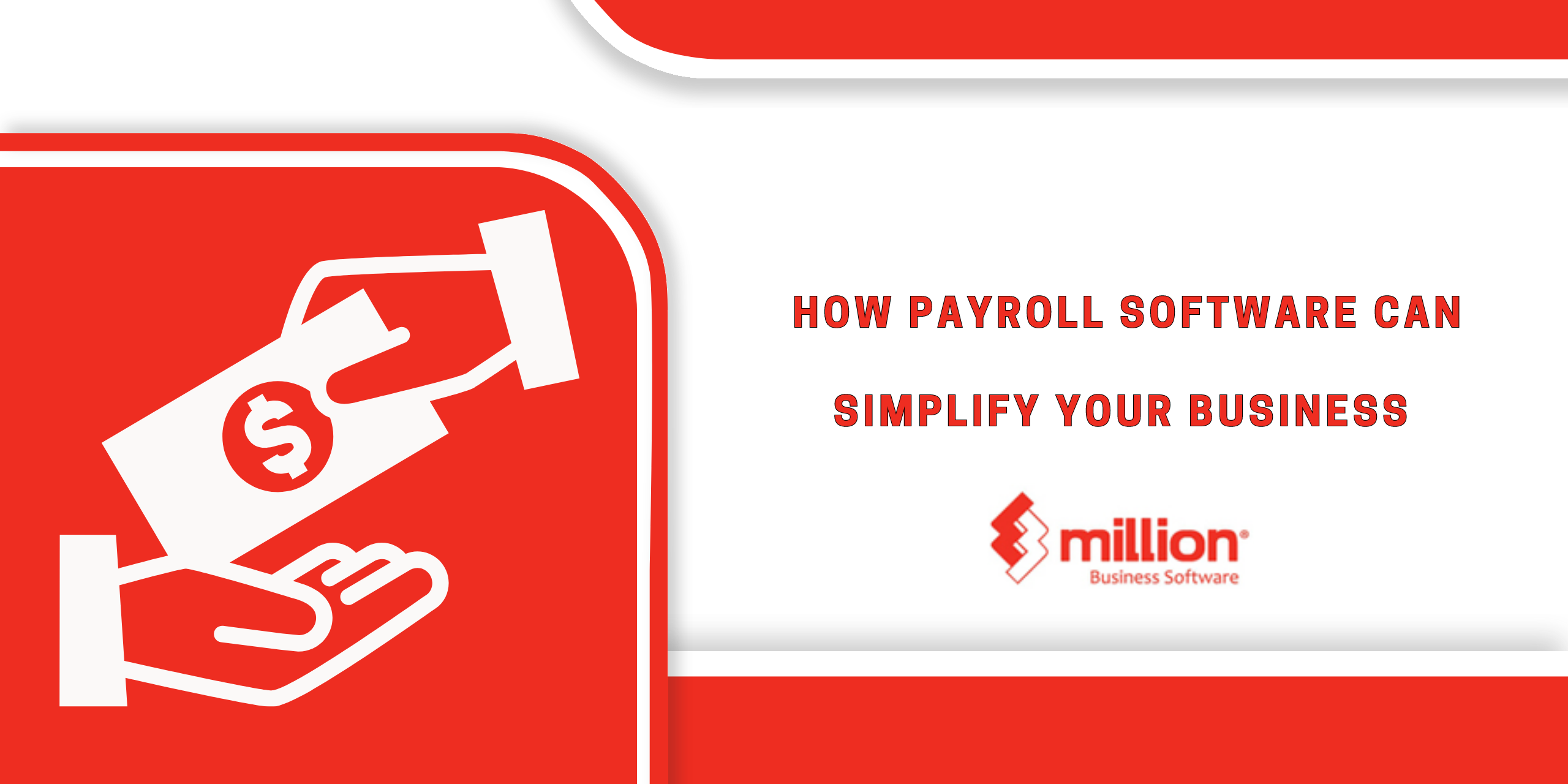
Mastering payroll management is crucial for any business, as it involves accurately calculating and disbursing employee salaries, managing tax withholdings, and staying compliant with labor laws. Traditional payroll processes can be time-consuming and prone to errors, leading to unnecessary complications and potential legal issues. However, with the advent of payroll software, businesses can simplify and streamline their payroll management significantly. In this article, we will explore how payroll software can benefit your business and help you achieve more efficient and accurate payroll processes.
1. Automated Payroll Calculations
Payroll software automates the process of calculating employee wages based on hours worked, overtime, and any other applicable pay rates. This automation reduces the likelihood of errors in calculations and ensures that employees are paid accurately and on time.
2. Efficient Tax Management
Payroll software automatically calculates and withholds the correct amount of taxes from employee paychecks, including income tax, social security, and Medicare contributions. It also generates tax reports and ensures that tax payments are made accurately and on schedule, helping businesses stay compliant with tax regulations.
3. Time Tracking Integration
Many payroll software solutions offer integration with time tracking systems. This integration allows for seamless transfer of employee work hours to the payroll software, eliminating the need for manual data entry and reducing administrative work.
4. Employee Self-Service Portals
Payroll software often includes employee self-service portals, enabling employees to access their payroll information, view pay stubs, and make changes to their personal details. This self-service functionality empowers employees and reduces the HR department’s workload.
5. Direct Deposit and Online Payments
Payroll software facilitates direct deposit, allowing employees to receive their pay electronically. This not only saves time and effort spent on issuing physical checks but also provides a more convenient payment method for employees.
6. Compliance with Labor Laws
Payroll software is designed to keep up with changing labor laws and regulations. It helps businesses stay compliant with labor laws, avoiding penalties and legal issues associated with non-compliance.
7. Data Security and Backup
Cloud-based payroll software provides secure storage of sensitive payroll data with regular backups. This ensures that payroll information is safe and protected from data loss due to hardware failures or cyber threats.
8. Cost Savings
While investing in payroll software incurs an initial cost, it can lead to significant cost savings in the long run. By automating payroll processes, businesses can reduce manual labor, avoid costly payroll errors, and free up HR personnel to focus on other strategic tasks.
9. Reporting and Analytics
Payroll software often includes reporting and analytics features that provide valuable insights into labor costs, payroll expenses, and other financial data. This data-driven approach can help businesses make informed decisions and optimize their payroll processes.
10. Scalability
Payroll software can easily accommodate business growth. As your business expands and hires more employees, the software can handle increased payroll complexity without disrupting operations.
Conclusion
In conclusion, payroll software offers numerous benefits for businesses, including automated payroll calculations, efficient tax management, time tracking integration, employee self-service portals, and compliance with labor laws. It ensures accurate and timely payroll processing, improves data security, and provides valuable reporting and analytics. Embracing payroll software can simplify your business’s payroll management, reduce administrative burdens, and contribute to a more efficient and compliant payroll process overall.







